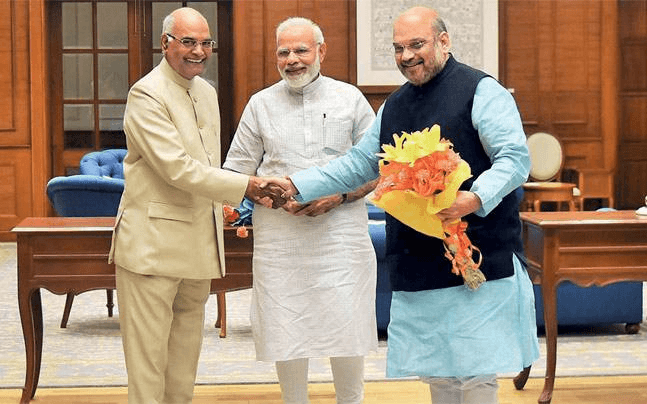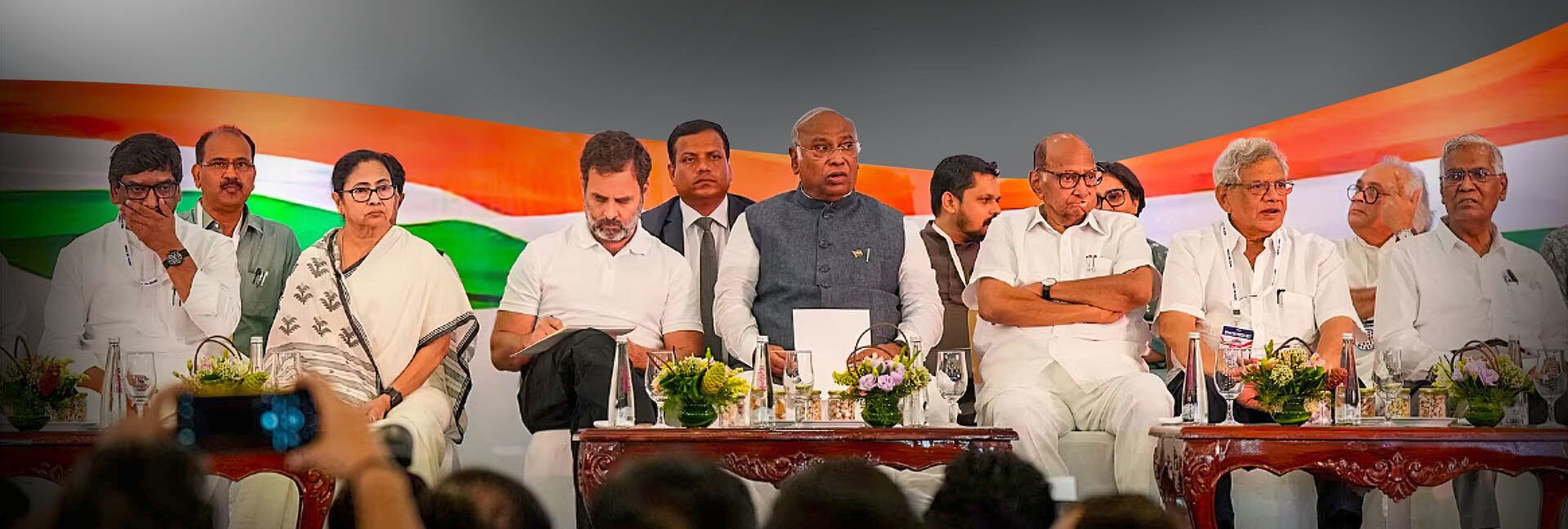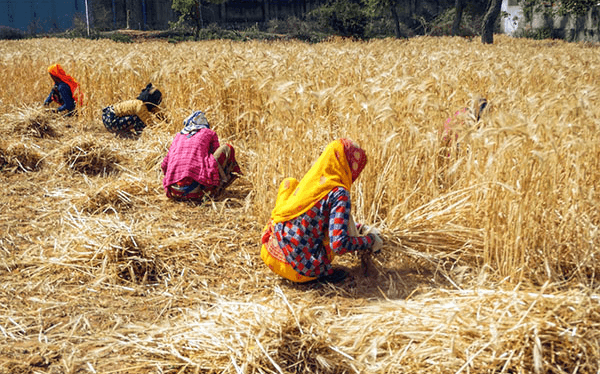One Nation One Election: The Kharif Connection
Discussions on the realpolitik motives and impact of the Narendra Modi-led Bharatiya Janata Party (BJP) government’s “One Nation, One Election” proposal have come up in diverse platforms, including political spaces and the media over the past few days. These discussions have broadly revolved around two points. First, it has been widely accepted that the government’s primary aim in putting forth this was to upset the developing unity among the opposition parties across the country as part of the INDIA alliance. The second point is that the BJP does find merit in advancing the elections from May 2024 to an earlier period – a thinking based on the National Democratic Alliance’s (NDA) assessment that popular trust and confidence on the Prime Minister and his government have been steadily decreasing over the past few months. The BJP’s comprehensive loss in the May 2023 Assembly elections in Karnataka as well as the negative ground reports about the party’s prospects in Madhya Pradesh and Chhattisgarh, where Assembly elections are due by the end of the year, mainly contributed to this assessment.
The fact that Home Minister Amit Shah entrusted former President Ram Nath Kovind with the task of starting consultations on the “One Nation One Election” idea in early June, immediately after the Karnataka loss adds credence to the assessment. After his presidential tenure, Kovind was learnt to be working with a hectic schedule between early June and the last week of August. It was in the last week of August that the “One Nation One Election” idea was formally unravelled by the Union government. During this period, Kovind met about ten Governors, apart from senior leaders of the Rashtriya Swayamsevak Sangh (RSS)-led Sangh Parivar and the BJP. He also met Mohan Rao Bhagwat, the Sarsangachalak of the RSS, during this period.

By all indications, the dominant opinion that emerged in the internal deliberations, especially the ones at the level of the Sangh Parivar leadership, was that if Madhya Pradesh and Chhattisgarh Assembly elections produced negative results, it would have repercussions on the BJP’s prospects in the national general election too in May 2024. Apparently, there was also the view that possible electoral reverses in Madhya Pradesh and Chhattisgarh and, later at the national level could be avoided if all these elections are clubbed. Beyond this, the Sangh Parivar is said to be calculating that simultaneous elections would create a huge confusion and open fights among the components of the INDIA bloc across the country. It was surmised that Congress would have a national level thrust to enhance its overall political stature in the country while the regional forces would try to protect and advance their power equations and strengths at in the States.

It is not yet clear what concrete suggestions would come from Kovind and his team. Expectations are that the committee’s report would be submitted in Parliament during its five-day special session from September 18 to 22. The committee comprises Amit Shah, former Congress leader Ghulam Nabi Azad, former Finance Commission Chairman N.K. Singh, former Secretary-General of Lok Sabha Subhash C. Kashyap, senior advocate Harish Salve and former chief vigilance commissioner Sanjay Kothari. Though Congress MP Adhir Ranjan Chowdhury too was included in the committee, he refused to accept the nomination.
While the work of the committee and its potential recommendations are under wraps, speculation is rife about the realpolitik objectives and impact of the proposal. Now, a new, interesting discussion on the exercise is doing the rounds, primarily within the echelons of several Sangh Parivar outfits, including the RSS, the BJP, the Bharatiya Kisan Sangh (BKS) and the Bharatiya Mazdoor Sangh (BMS) in the election-bound bound Madhya Pradesh and its adjoining State, Uttar Pradesh. Central to the discussions here is the dire agricultural situation in several States, especially in relation to the kharif harvest, which is due in late September and early October.

According to Sangh Parivar insiders in Madhya Pradesh and Uttar Pradesh, the drought-like situation across northern India in the months of July and August was highlighted in the internal discussions within Sangh Parivar outfits. Water availability in July and August is crucial for a good kharif harvest. Senior activists of the BKS and the BMS in the two north Indian States told The AIDEM that the reports that they have got from other parts of the country, including election-bound Rajasthan as well as Maharashtra and Gujarat also underscore deficient rainfall and the possibility of a bad kharif harvest. These leaders added that along with the drought-like situation in some other parts of north India, States such as Himachal Pradesh and Punjab are suffering on account of untimely rainfall.
“Cumulatively”, a senior BKS leader based in Bhopal told The AIDEM, “what we are looking at is a situation where the harvest is not good for farmers, which in turn would result in a grave food crisis in the days to come”. The leader added that the multiple diverse effects of all these factors would start manifesting acutely from October and would carry on for many months. “The long and short of it”, he pointed out,” is that advancing elections to January 2024 and clubbing it with the Assembly election may not be the magic wand that Modi and Shah had envisioned in June, when they entrusted Kovind with the “One Nation One Election” project.

Apparently, the “loud thinking” within the Sangh Parivar outfits in continuation of this assessment was about ways and means to postpone the Assembly elections in the States that are expected to have elections by the end of the year. That is, postponing the Assembly elections in States like Madhya Pradesh, Chhattisgarh, and Rajasthan at least by four to five months so that they could be held along with the general election. However, neither this leader nor his associates were clear whether this is technically possible within the existing electoral rules and regulations.
Clearly, the element of kharif harvest and its potential political and electoral impact has added a new complicating dimension to the “One Nation One Election” project. In any case, the kharif connection has aggravated the realpolitik discussions within the Sangh Parivar on the project. Even as the debate on this question spreads within the Sangh Parivar outfits and consequently in the larger political spectrum, the secrecy around the real and concrete agenda of the special session of Parliament continues. Congress leaders Sonia Gandhi and Mallikarjun Kharge have repeatedly and publicly asked the government to come clean on this and pointed out that no other Indian government since Independence has convened a special session of the Parliament without spelling out the agenda as the BJP has done now.
ഈ ലേഖനം മലയാളത്തിൽ വായിക്കാൻ ക്ലിക്ക് ചെയ്യുക, ഇവിടെ.







